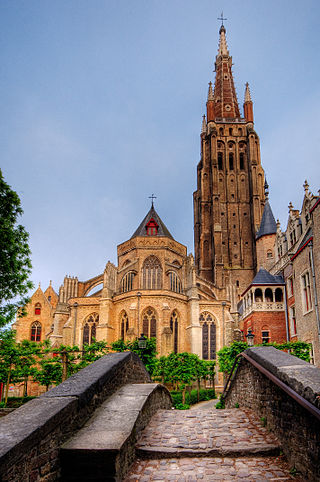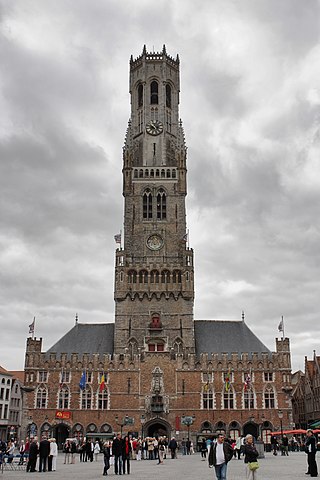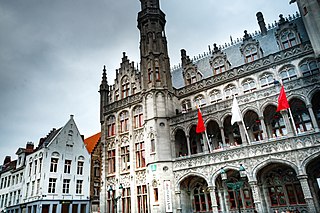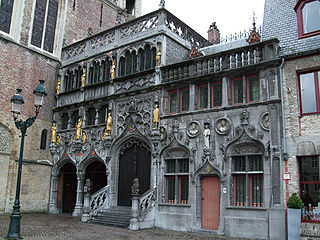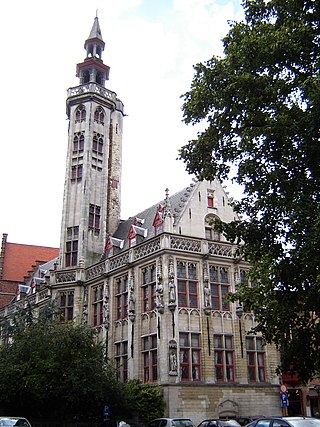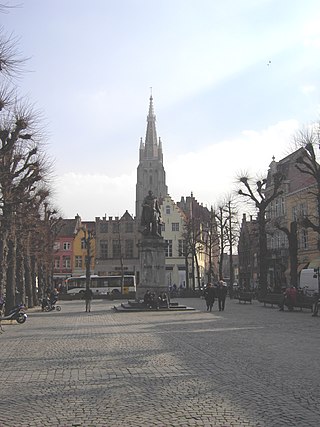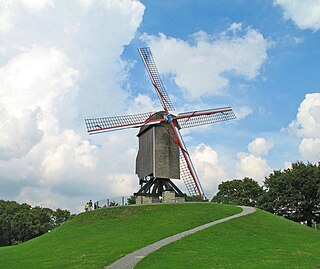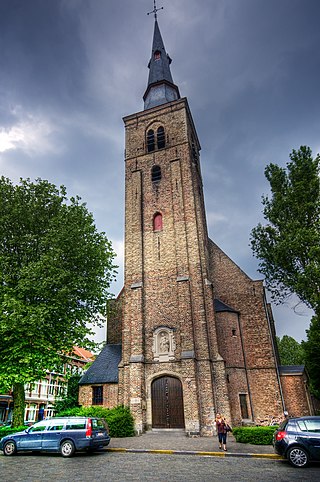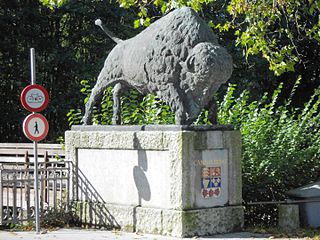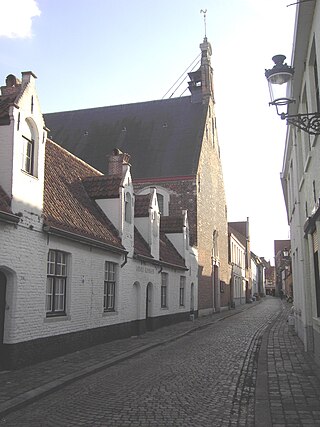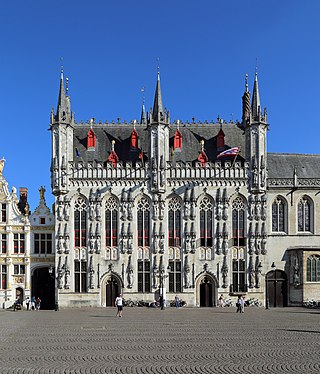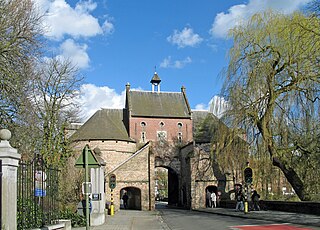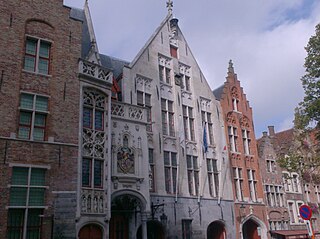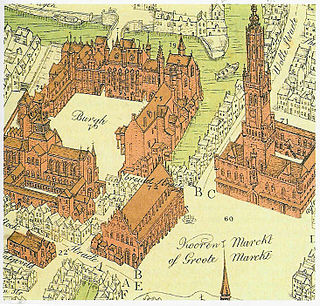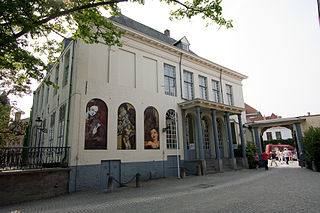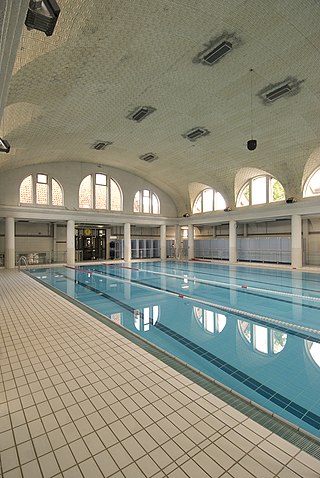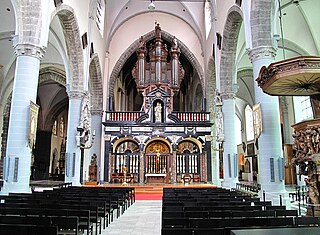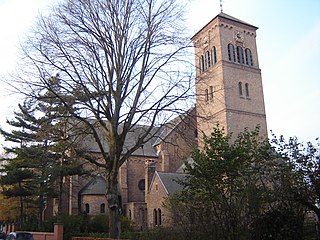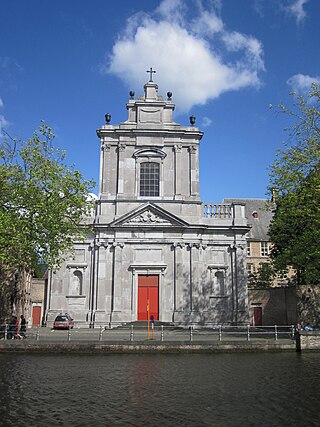30 Sights in Bruges, Belgium (with Map and Images)
Legend
Premium Sights
Book tickets, guided tours and activities in Bruges.
Guided Free Walking Tours
Book free guided walking tours in Bruges.
Welcome to your journey through the most beautiful sights in Bruges, Belgium! Whether you want to discover the city's historical treasures or experience its modern highlights, you'll find everything your heart desires here. Be inspired by our selection and plan your unforgettable adventure in Bruges. Dive into the diversity of this fascinating city and discover everything it has to offer.
Sightseeing Tours in BrugesActivities in BrugesThe Church of Our Lady is a Roman Catholic church in Bruges, Belgium, dating mainly from the 13th, 14th and 15th centuries. Its 115.6-metre-high (379 ft) tower remains the tallest structure in the city and the third tallest brickwork tower in the world.
Wikipedia: Church of Our Lady, Bruges (EN), Heritage Website
The Belfry of Bruges is a medieval bell tower in the centre of Bruges, Belgium. One of the city's most prominent symbols, the belfry formerly housed a treasury and the municipal archives and served as an observation post for spotting fires and other dangers.
The Historium is a cultural-historical attraction on the Grote Markt in Bruges. On the basis of various experiences, one can see how Bruges was vibrant during the Golden Age in the time of Jan Van Eyck. It also includes a Duvel café with free admission, a virtual reality experience, a terrace with panoramic views, a Gothic tower and a department of the municipal tourist office.
The Basilica of the Holy Blood is a Roman Catholic basilica in Bruges, Belgium. The church houses a relic of the Holy Blood allegedly collected by Joseph of Arimathea and brought from the Holy Land by Thierry of Alsace, Count of Flanders. Built between 1134 and 1157 as the chapel of the Count of Flanders, it was promoted to a minor basilica in 1923.
Wikipedia: Basilica of the Holy Blood (EN), Website, Heritage Website
5. Sint-Franciscus Xaveriusziekenhuis
The Sint-Franciscus-Xaverius Instituut, abbreviated SFX-Brugge, is a Catholic school in the Belgian city of Bruges. It has about 800 students. The institute is also known by the nickname of the Xaverian Brothers, the Frères. The school is located between the Guido Gezelleplein, the Simon Stevinplein, the Mariastraat and the Nieuwstraat. The Frères' primary school is called "Het Palet".
Wikipedia: Sint-Franciscus-Xaveriusinstituut (Brugge) (NL), Heritage Website
6. Poortersloge
The Poortersloge in the Belgian city of Bruges is located on the Jan van Eyckplein, diagonally opposite the Tolhuis. It is located in the part of Bruges that focused on international trade in the late Middle Ages.
7. Simon Stevinplein
Simon Stevinplein is a square in Bruges, situated between the Steenstraat and the Oude Burg. On the square is the statue of Bruges-born mathematician and physicist Simon Stevin. The oldest market square in Bruges was probably located here, before the Markt was built.
8. Sint Janshuismolen
The Sint-Janshuis mill in the Belgian city of Bruges is located on the Kruisvest, on the edge of the city center. The windmill that stands there today was built in 1770 and functions as a flour mill. It is already the third mill on that site. It owes its name to the hospital of St. John. The hospital may never have owned the mill, but a rent was imposed in favor of it.
9. Sint-Annakerk
St. Anne's Church is a Catholic church in the St. Anne's district and parish in Bruges. It was rebuilt at the beginning of the 17th century and decorated in typical Baroque style as far as the interior is concerned. Mother Anna is the patroness of the church.
10. Bizon
Bison on the Canada Bridge is an artwork by Octave Rotsaert on the Canada Bridge in Bruges. The people sometimes refer to it as the Bison Bridge or the Buffalo Bridge. The artwork and the bridge became a protected monument in 2010.
11. Onze-Lieve-Vrouw-van-Blindekenskapel
The Chapel of Our Lady of the Blind on the Kreupelenstraat in Bruges was erected, according to tradition, after a promise made in the aftermath of the Battle of Pevelenberg that a 36-pound candle would be brought to the Onze-Lieve-Vrouw ter Potterie every year. This promise was made by the husbands and mothers who stayed behind if their loved ones would return from the battle in one piece.
12. City Hall
The City Hall of Bruges, West Flanders, Belgium, is a landmark building and the seat of that city. Built in a late-Gothic monumental style between 1376 and 1421, it is one of the oldest city halls in the former Burgundian Netherlands. It is located on Burg Square, the area of the former fortified castle in the centre of Bruges.
13. Hoge vuurtoren van Heist
The High Lighthouse of Heist is a Belgian lighthouse whose light has been extinguished. After the silting up of the Zwin as a waterway, the city of Bruges looked for another way out to the sea, and found it at the beginning of the 20th century with the seaport of Zeebrugge. The channel to this port was called Pas van 't Zand and was deepened. To mark this waterway, two engineer-contractors had two lighthouses built.
14. Smedenpoort
The Smedenpoort is one of the four remaining city gates of Bruges. The first gate dates from 1297-1299, but was rebuilt in 1367-1368 by the master masons Jan Slabbaert and Mathias Saghen. Later, it was rebuilt a few times. Characteristic of this gate is that, just like the Donkey Gate, it is completely surrounded by water.
15. Tolhuis
The old Tolhuis on the Jan van Eyckplein in the Belgian city of Bruges consists of several buildings: the corner house "Het Heilig Graf", the Pijndershuisje, the actual Tolhuis and the house "Het Wezelkin".
16. Lage vuurtoren van Heist
The Low Lighthouse of Heist is a Belgian lighthouse whose light has been extinguished. After the silting up of the Zwin as a waterway, the city of Bruges looked for another way out to the sea, and found it at the beginning of the 20th century with the seaport of Zeebrugge. The channel to this port was called Pas van 't Zand and was deepened. To mark this waterway, two engineer-contractors had two lighthouses built. One of these two lighthouses was the Low lighthouse of Heist, which was built between 1905 and 1907. Together with the high lighthouse of Heist, it formed a line of light for ships that wanted to enter the port of Zeebrugge. The light line was visible to ships that had the right course of 136 degrees, so that the light beams of the low guide light and the high guide light were in one line. Due to the expansion of the port of Zeebrugge, the lighthouse lost its function and the light was extinguished in 1983.
17. Archeologische site van de Sint-Donaaskathedraal
St. Donatian's Cathedral was a Roman Catholic cathedral in Bruges, Belgium. Located on the Burg, one of the main squares in the city, it was the largest church in Bruges. The cathedral was destroyed in 1799 in the wake of the dissolution of the Diocese of Bruges during the aftermath of the French Revolution.
18. Kasteel Ten Berge

Castle Ten Berghe is a castle near Bruges, Belgium. A manor house on the site was mentioned in a charter of 1267; that building was destroyed in 1490, but rebuilt shortly afterwards. Work was performed in the late nineteenth century to expand and renovate the building, resulting in its current neo-Gothic appearance. Further renovation was performed in the early twenty-first century to prepare it for its current use as a bed and breakfast.
19. Onze-Lieve-Vrouw-Onbevlekte-Ontvangeniskerk
The Church of Our Lady of the Immaculate Conception in the Belgian city of Bruges is located in the district of Ver-Assebroek in the borough of Assebroek. It is the church of the parish of Our Lady Immaculate Conception.
Wikipedia: Onze-Lieve-Vrouw-Onbevlekt-Ontvangenkerk (Brugge) (NL), Heritage Website
20. Frank Brangwyn-Arentshuis
The Arentshuis is a former museum in Bruges. Together with the Groeninge Museum, the Fine Arts from the 15th to the 21st century were housed here. The Arentshuis is located on the Dijver. It was part of Musea Brugge.
21. Begijnhof Ten Wijngaerde
The Princely Beguinage Ten Wijngaerde is the only preserved beguinage in Bruges, Belgium. There are no more beguines living there, but since 1927, it has functioned as a convent for Benedictines, founded by canon Hoornaert. In the same year, the houses at the west side were also reshaped and enlarged into the Monasterium De Wijngaard, a priory of Benedictine nuns.
Wikipedia: Ten Wijngaerde (Begijnhof Brugge) (EN), Heritage Website
22. Jan Guilinibad
The Jan Guilinibad is a swimming pool in the Belgian city of Bruges. It was erected on the corner of Rue Charles Quint and Rue Lauwer, in the Kristus-Koning district, with an external construction in the so-called "Bruges style" and with an Art Deco interior.
23. St. James's Church
St. James's Church (Sint-Jakobskerk) is a Catholic church in Bruges, Belgium. Originally built around 1240, the church was considerably expanded in 1459 to match the rising affluence of Bruges, and was patronized by the Duke of Burgundy. In the late 17th and early 18th centuries the church's interior was remodeled in its present Baroque style.
Wikipedia: St. James's Church, Bruges (EN), Heritage Website
24. Sint-Baafskerk
St. Bavo's Church in the Belgian city of Bruges is located in the Sint-Baafs district in the borough of Sint-Andries. The church has been in use since 1934. This is almost twenty years after the establishment of the parish. On October 11, 1937, the solemn church consecration took place.
25. Poertoren
The Poertoren is a tower on the Begijnenvest in Bruges. The tower had been the city's gunpowder storage place since 1477 and owes its name to the West Flemish word for gunpowder: poer. The 18-meter-high tower has a diameter of 8 meters; The walls are about 1.3 meters thick.
26. Grootseminarie
The Major Seminary in Bruges, in Dutch Grootseminarie, is a centre for training and formation in the Roman Catholic Diocese of Bruges, formerly used as the seminary for preparing candidates for the diocesan priesthood. It is located on the Potterierei in Bruges.
27. Zeebrugge Churchyard
The Cemetery of Zeebrugge is a municipal cemetery located in the Belgian village of Zeebrugge (Lissewege). The cemetery is located around the Sint-Donatuskerk on the Sint-Donaaskerkstraat, near the N34a. There are no civilian graves in the cemetery, only a plot of British and German military graves from the First World War. The cemetery is surrounded by a low brick wall and an arched entrance gate on the north side is closed with a double gate. On a plaque above the gate is the text: Deutscher Ehrenfriedhof Zeebrügge Nr.184 - Pate Ortsgruppe Blankenburg - Harz - Volksbund Deutsche Kriegsgräberfürsorge. On the western edge of the cemetery is a memorial to the fallen villagers from both world wars.
Wikipedia: Kerkhof van Zeebrugge (NL), Url, Heritage Website
28. De Zeven Torentjes
The Leenhof "De Zeven Torentjes" is a farm in the town of Assebroek, which belongs to the West Flemish municipality of Bruges, located at Canadaring 41. It is a historic farmhouse from the 14th century. The farm owes its name to the dovecote with seven side towers. The farm is now used as a petting zoo.
Wikipedia: Leenhof De Zeven Torentjes (NL), Heritage Website
29. Sleutelbrug
The Sleutelbrug is a bridge over the Speelmansrei in Bruges in the province of West Flanders. The current bridge was built of stone in 1331 and has three arches. The bridge is located between the Wulfhagestraat and the Beenhouwersstraat.
30. Sint-Donaaskerk
The St. Donatian's Church is the parish church of the coastal town of Zeebrugge, which belongs to the Belgian city of Bruges, located on the Sint-Donaaskerkstraat. The church is dedicated to Donatianus of Reims, a French bishop from the 4th century and patron saint of the city of Bruges.
Wikipedia: Sint-Donatuskerk (Zeebrugge) (NL), Heritage Website
Share
How likely are you to recommend us?
Disclaimer Please be aware of your surroundings and do not enter private property. We are not liable for any damages that occur during the tours.
